Programme
To view or download a PDF version of the conference programme please click here.
Please note that the conference programme may be subject to change.
Day One, Monday 17th November 2014
Day Two, Tuesday 18th November 2014
| 9.00am – 9.30am | Registration and Tea/coffee on arrival |
| SESSION THREE: THE PRACTICAL DEVELOPMENT AND IMPLEMENTATION OF A COMPLEX ARCHIVE | |
| 9.30am – 10.15am | 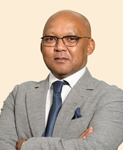 Plenary Session: Professor Norman Duncan, Apartheid Archive, University of Pretoria.Considering the Ethics and Practices of the Apartheid Archive. Plenary Session: Professor Norman Duncan, Apartheid Archive, University of Pretoria.Considering the Ethics and Practices of the Apartheid Archive.
Q&A and Discussion |
| 10.15am – 12.15pm | Parallel Sessions: In-depth discussions on a range of practical issues related to the development of effective archives on complex topics.
3.1 Mind your Language: The politics and practicalities of tagging and searching archives
3.2 Considerations in building a public digital archive: Reflecting on the experience of the Accounts of the Conflict project 3.3 Who is this for? Creating a digital archive for a variety of audiences 3.4 Context and resources as factors in building an archive
|
| SESSION FOUR: DISSEMINATION AND OUTREACH OF PERSONAL ACCOUNTS FOR PEACEBUILDING AND SOCIAL CHANGE | |
| 12.15pm – 1.00pm | 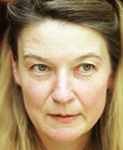 Plenary Session: Vesna Terselic, DOCUMENTA, Croatia.The role of personal memories in peace building – Reaching out to people who are still not listening – experience from Croatia. Plenary Session: Vesna Terselic, DOCUMENTA, Croatia.The role of personal memories in peace building – Reaching out to people who are still not listening – experience from Croatia.
Q&A and Discussion |
| 1.00pm – 2.00pm | Lunch |
| 2.00pm – 4.00pm | Parallel Sessions: In-depth discussions on the opportunities and challenges of outreach/dissemination of personal accounts for social change and building peace.
4.1 What are the most effective ways to disseminate stories
4.2 Thinking of the next generation: engaging young people through the use of personal narratives of the conflict 4.3 Peace, Justice and Reconciliation: The role of archives in rebuilding societies and promoting social change
|
| 4.00pm – 4.15pm | Tea/Coffee |
| 4.15pm – 4.30pm | Closing Plenary: Sumona Das Gupta, Chair of the INCORE International Advisory Group Reflecting on conference themes, ways forward, future role of archives in peacebuilding |
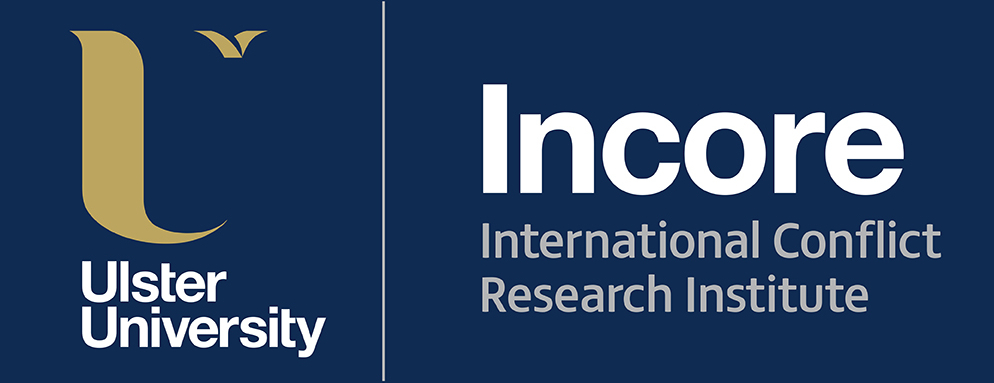

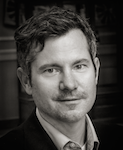
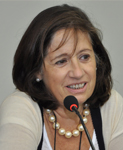 Plenary Session: Patricia Valdez, founding director of Memoria Abierta, Argentina.Building memories: witnesses and oral archives.
Plenary Session: Patricia Valdez, founding director of Memoria Abierta, Argentina.Building memories: witnesses and oral archives.